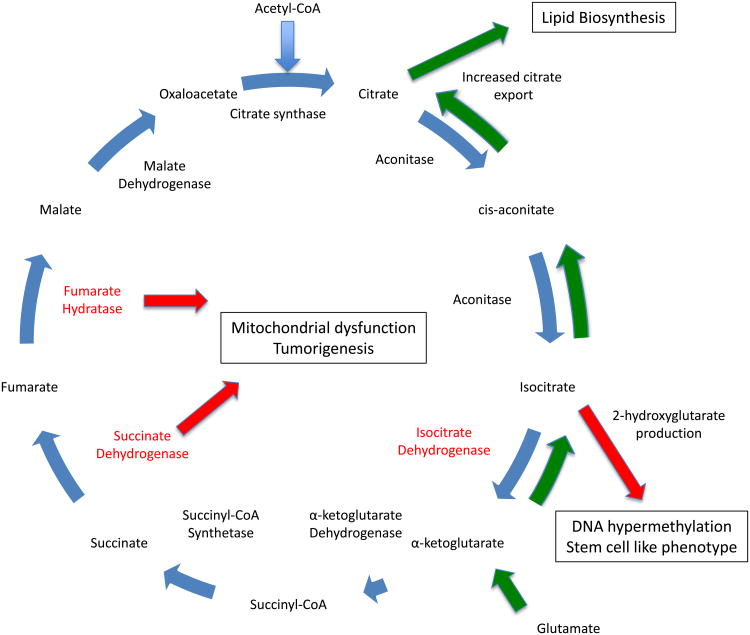Figure 3. Cancer cells alter the TCA cycle to support proliferation and oncogenic transformation.
Tumor cells often significantly alter the flow of TCA cycle intermediates (common alterations indicated with green arrows) to increase the generation of substrates useful for cell growth and proliferation. One common alteration in TCA cycle flux is the increased export of citrate from the TCA cycle to support de novo lipid synthesis for proliferation. Along with simply increasing the amount of citrate that is exported, some cancer cells also utilize glutamine-derived glutamate to generate citrate. In this process, glutamate is converted to α-ketoglutarate and fluxed into the TCA cycle. The TCA cycle flow is then reversed, with α-ketoglutarate being converted into isocitrate and eventually citrate to yield even more substrate for lipid synthesis. Tumor cells also are known to have mutations in key TCA cycle enzymes (enzymes known to be mutated indicated in red). Isocitrate dehydrogenase mutations can result in the generation of the “oncometabolite” 2-hydroxyglutarate, which contributes the a stem cell like phenotype in tumor cells. Additional mutations have been identified in fumarate hydratase and succinate dehydrogenase. These mutations result in mitochondrial dysfunction and contribute to oncogenic transformation.

